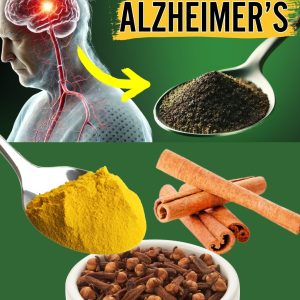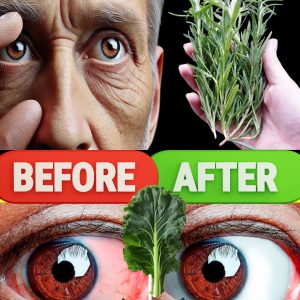Many people are surprised to learn that a common kitchen spice could be the key to protecting brain health after 50. That spice is saffron—often overlooked and mistaken only for its culinary use, this golden treasure is now gaining recognition for its powerful neurological benefits. Rich in antioxidants such as crocin and safranal, saffron helps combat oxidative stress and inflammation in the brain, which are two major contributors to Alzheimer’s and other forms of dementia.
Studies have shown that saffron may work as effectively as certain prescription medications in slowing the progression of cognitive decline. It enhances memory, boosts mood, and supports healthy neurotransmitter function without the side effects often seen in pharmaceuticals. In fact, saffron has been traditionally used for centuries in Middle Eastern and Asian medicine for mental clarity and emotional balance.
What makes saffron unique is its ability to protect the brain on multiple levels. It not only reduces the buildup of amyloid plaques—those sticky proteins linked to Alzheimer’s—but also increases blood flow to the brain, nourishing brain cells and promoting neural regeneration. Just a small daily dose can support long-term brain health, especially when combined with a balanced diet and regular mental stimulation.
If you’re over 50 and looking for a simple, natural way to support your cognitive health, consider incorporating saffron into your daily routine. Whether in tea, capsules, or added to meals, this vibrant spice could be the brain-boosting ally your body needs to stay sharp and mentally active well into the future.



